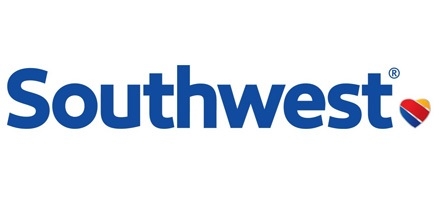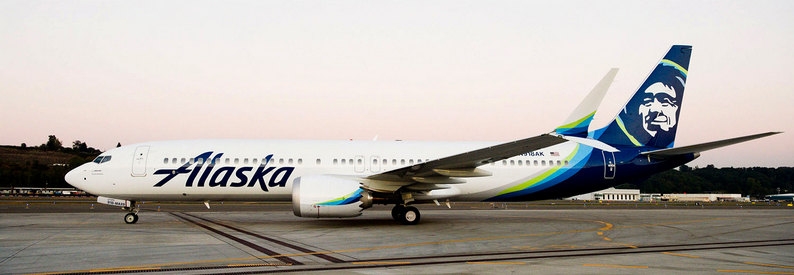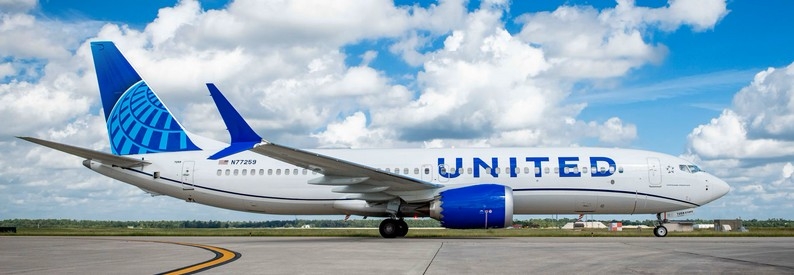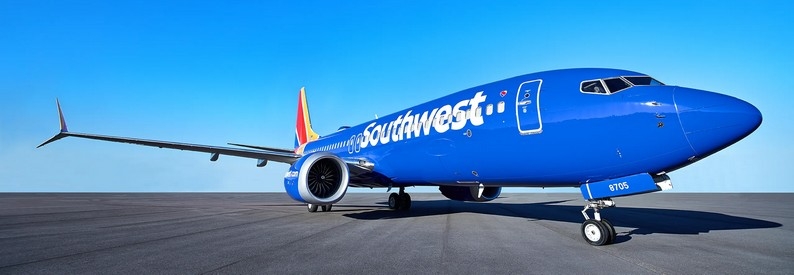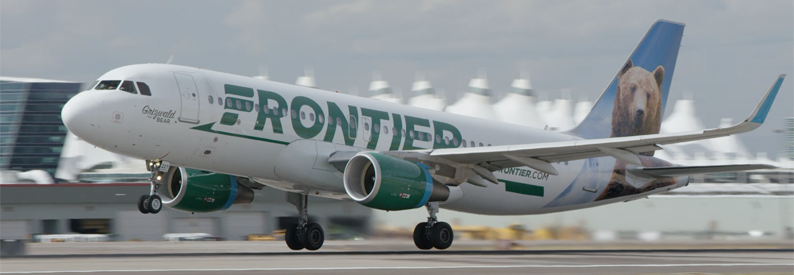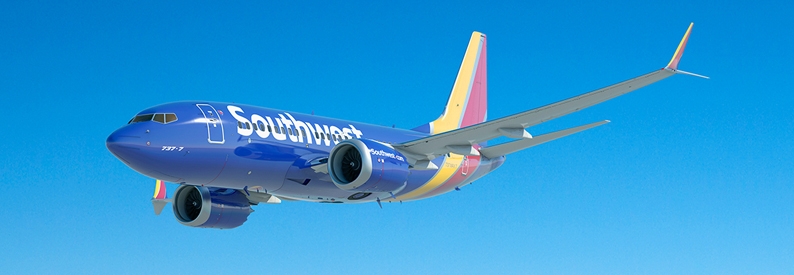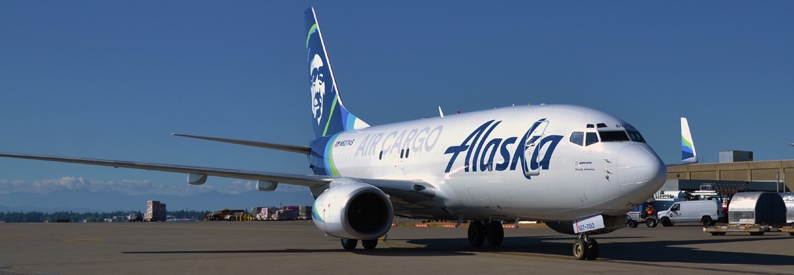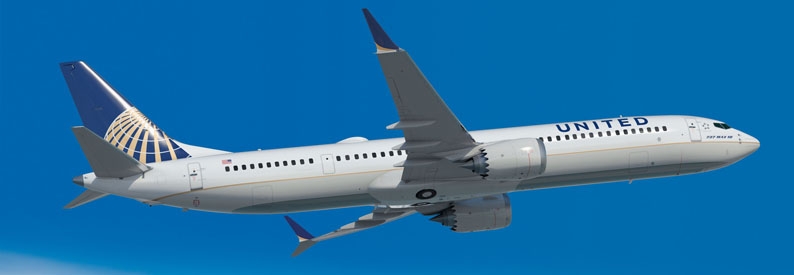Southwest Airlines (WN, Dallas Love Field) and JetBlue Airways (B6, New York JFK) have expressed their opposition to an American Airlines (AA, Dallas/Fort Worth) motion seeking to relax the rules governing the allocation of US-Cuba traffic rights.
"In essence, American’s Motion would substitute its own self-interest for the Department’s public interest decisions. The Motion should be denied," Southwest wrote in a US Department of Transportation (DOT) filing on October 10.
The LCC also argued that by seeking to relax the so-called US gateway conditions, American is effectively seeking to "supplant the Department’s carefully crafted and well-reasoned decisions, over three separate Cuba proceedings since early 2016, as to which US gateways, competitive service levels, and air carrier mix best serve the overall public interest."
Both Southwest and jetBlue urged American to follow the established procedure of first returning the existing route rights and then reapplying for new permits.
In its earlier filing, American asked the DOT to relax the US gateway conditions and effectively allow carriers to move routes to Cuba between their US hubs without having to reapply for new route rights. If granted, American would use this right to end its Charlotte International-Havana International route and replace it with a Miami International-Havana connection.
Under the existing rules, American would first have to return the frequency for Charlotte flights and then reapply for new rights to fly from Miami. However, it would have to compete with other airlines and could not be certain that it would get the sought rights in lengthy proceedings.
Both Southwest and jetBlue said they were interested in increasing their frequencies to Cuba, with the former airline explicitly aiming at doubling the frequencies on the Tampa International-Havana route.
"If American’s Motion were granted, American would be able to transfer the CLT flight to MIA directly, denying Southwest or any other rival carrier the opportunity to compete for these frequencies, to the detriment of the traveling public," Southwest said.
American argues that the current rigid procedures are suboptimal and unfit for the Cuban market, characterised by rapid demand shifts. As such, many frequencies are left unused.
"jetBlue’s and Southwest’s answers to American’s motion for the removal of the US gateway conditions applicable to all US-Cuba frequencies fail to show that continued gateway restrictions would better serve the public interest. As American’s motion explains, the unique circumstances of US-Cuba relations that drive rapid shifts in passenger demand have unduly strained the Department’s typical approach of allocating frequencies to specific US gateways," American wrote in its response on October 17.
